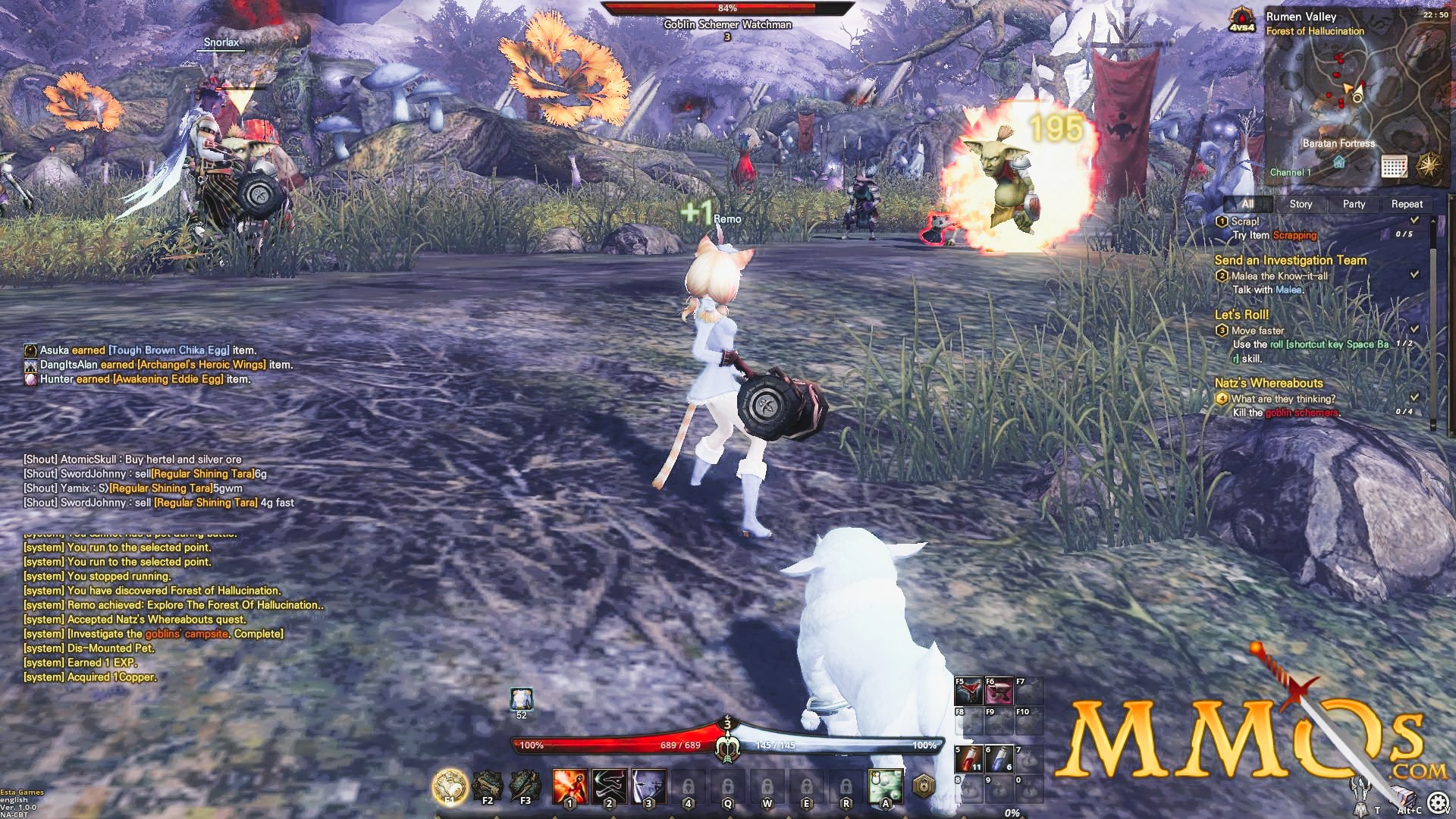Massively Multiplayer Online (MMO) games are one of the most popular genres in the gaming world, allowing thousands, and sometimes millions, of players to connect and interact in expansive, persistent worlds. To ensure a smooth and engaging experience for players, the performance of the game server is critical. Hosting an MMO game requires careful consideration of server hardware, network infrastructure, and optimization strategies to meet the unique demands of these games. In this article, we will explore key strategies for optimizing an MMO game server for peak performance.
1. Choose the Right Hosting Solution
The first step in optimizing your MMO game server is selecting the right hosting solution. Depending on the scale of your game, different hosting options may be more suitable:
- Dedicated Servers: For large-scale MMO games, dedicated servers offer the most control, performance, and scalability. With dedicated resources, you can ensure that your server can handle the high demands of large player populations without slowing down.
- VPS Hosting: Virtual Private Servers (VPS) can also be a good choice for medium-sized MMOs. VPS offers more flexibility and control than shared hosting, with dedicated resources at a more affordable price than dedicated servers.
- Cloud Hosting: Cloud hosting offers the ability to scale resources dynamically based on player demand. This is ideal for MMOs that experience fluctuating player numbers or have seasonal spikes in activity.
Choosing the right hosting solution will depend on the size of your game and the expected player base.
2. Optimize Server Hardware
MMOs often require powerful hardware to ensure smooth performance, especially as the player count increases. Key hardware components to consider include:
- CPU: The processor is the heart of your server, and an underpowered CPU can lead to lag and slow performance. Choose a multi-core processor with high clock speeds to handle the numerous tasks involved in running an MMO, such as managing player data, combat calculations, and AI.
- RAM: Ample memory is essential for maintaining a smooth experience, as MMOs store a lot of player data, world information, and event logs. Ensure your server has enough RAM to support large player populations without running into memory bottlenecks.
- Storage: Solid-State Drives (SSDs) offer faster data retrieval than traditional Hard Disk Drives (HDDs), making them a better choice for MMO servers. SSDs can drastically reduce load times, speed up game data access, and improve overall server performance.
3. Network Optimization
A reliable and fast network is crucial for reducing latency and ensuring players enjoy a seamless experience. To optimize your MMO server’s network performance:
- Low-Latency Connections: Choose a hosting provider that offers low-latency connections to players. The closer your server is to your target audience, the lower the latency will be. Consider having multiple server locations in different regions to minimize lag for players in various parts of the world.
- Bandwidth Management: Bandwidth is essential for supporting large player populations. Ensure your server has sufficient bandwidth to handle the traffic without interruptions. Consider implementing Quality of Service (QoS) to prioritize important data, such as player actions, to ensure that critical data is sent first.
- DDoS Protection: Online games are often targeted by Distributed Denial-of-Service (DDoS) attacks, which can overwhelm a server and cause downtime. Implement DDoS protection to ensure your MMO game server remains available and performs well even during attacks.
4. Load Balancing

Load balancing is a technique used to distribute player traffic evenly across multiple servers, preventing any one server from becoming overloaded. This is especially important for MMOs, where a sudden influx of players can overwhelm a single server and cause lag or crashes.
- Horizontal Scaling: By adding more servers as needed, you can spread the load of the game across multiple systems, preventing bottlenecks and improving performance.
- Auto-Scaling: Cloud hosting solutions often provide auto-scaling features, automatically adding or removing servers based on traffic demand. This can help ensure that your game server is always running at optimal capacity, even during peak times. Did you like the article? Read also about the comparison of VPS vs Shared Hosting.
5. Database Optimization
MMOs rely heavily on databases to store player data, inventory items, world states, and other game-related information. Slow database queries can cause delays in gameplay and impact the overall user experience.
To optimize your MMO’s database:
- Indexing: Proper indexing of database tables can speed up queries and reduce server load. Focus on indexing the most frequently queried fields to ensure fast data retrieval.
- Replication: Set up database replication to create backup copies of your primary database. This improves reliability by ensuring that if one database fails, the game can continue to run without data loss.
- Caching: Implement caching mechanisms, such as Redis or Memcached, to store frequently accessed data in memory. This can significantly reduce database load and speed up data retrieval times.
Optimizing your MMO game server for performance requires a multi-faceted approach, including choosing the right hosting solution, optimizing hardware, managing network resources, load balancing, and database optimization. By taking these steps, you can provide a seamless, lag-free experience for your players, ensuring that your game remains engaging and enjoyable as it grows. Whether you are running a small-scale MMO or a massive, globally distributed game, investing in server optimization will help you deliver the best possible gaming experience.
For more information on server optimization and hosting, visit Wikipedia’s page on Game Server Hosting.

